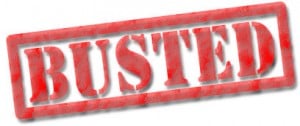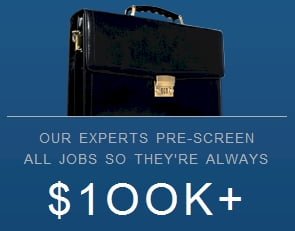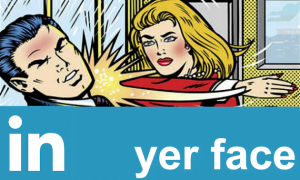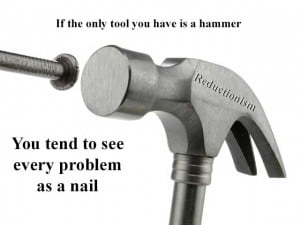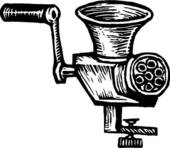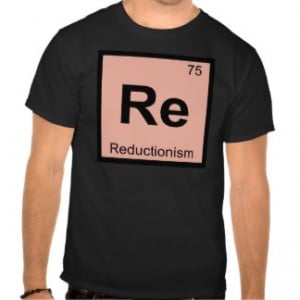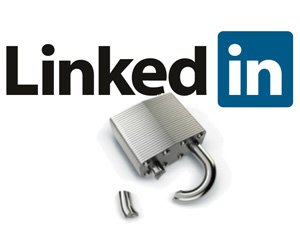A reader admits there’s fake stuff in LinkedIn Recommendations and asks whether these “networking” tools really work, in the November 10, 2020 Ask The Headhunter Newsletter.
Question
How important are LinkedIn “recommendations?” Some are true, some are made up and a person feels an obligation to lay it on. How can you improve them?
My issue is that I have been out of the job market for four years, my recommendations are old, and I don’t have many current recommendations that are relevant. I also wonder about “endorsements” and why a request to “connect” through a mutual contact rarely goes anywhere. Thank you.
Nick’s Reply
Let’s start with the basics: Your LinkedIn profile is your calling card. You should absolutely have one. But your profile doesn’t “market” or “sell” you. All it does is confirm you exist when someone looks you up.
LinkedIn recommendations
“Recommendations” are the section on a LinkedIn profile where people post nice things about you.
I pay no attention at all to LinkedIn recommendations and I don’t know anyone that does, except perhaps some wishful job seekers and naive recruiters. It doesn’t hurt to have recommendations. If you want to game this silly system, ask folks who posted the old ones to copy/delete/repost under new date. But I would not put much time into any of this.
What do LinkedIn recommendations mean?
Here’s the test for a recommendation posted on your LinkedIn profile: Would the person be willing to call an employer to provide a detailed reference for you on the phone and to answer questions about you?
My guess is that most won’t. That makes LinkedIn recommendations nice but not very meaningful. They’re window dressing. No employer is going to hire you because someone larded your profile with praise. They’re going to want to talk with your references.
The same is true about your list of “connections.” Should an employer be impressed if you have 5,000 contacts? I’m not. LinkedIn links are free. The ease with which LinkedIn allows us to portray “connections” makes them questionable at best. Then we have “endorsements” — I call this “credibility with a click.” It’s meaningless.
LinkedIn’s value to you
What would be more useful is to ask those same people (your fans who post recommendations) if they’d be willing to (a) serve as actual references and (b) make personal introductions via e-mail or phone. My guess is most cannot because they don’t know you or your work well enough.
The main value of LinkedIn to you is that it’s a huge digital directory you can use to check up on people you’re dealing with or want to meet. However, we all know that messaging your Connection A via LinkedIn to get introduced to their Connection B is not likely to get you anywhere. Times I’ve tried this, I get this reply: “Sorry, I’m connected to B but I don’t know her at all.”
That’s because connections are free, so most are worthless. You might as well search a phonebook to get an introduction! The best way to get introduced to a person is to actually talk with someone that knows them. Use the phone! (See Networking For Introverts: How to say it.)
LinkedIn’s value to employers
The main value of LinkedIn to employers is to to “check you out” after they’ve used other, better means to get interested in you. The problem is if they can’t find you there. So by all means, have a good, simple LinkedIn profile that “proves” you exist!
But don’t count on it doing much more. Contrary to what LinkedIn “profile writers” might tell you, your LinkedIn profile does not “market” you. At best, your profile is your resume — and it’s passive. Sure, loads of recruiters search LinkedIn for keywords to find candidates on LinkedIn. But all they find are keywords — not your value.
LinkedIn is not a professional network
At its inception, LinkedIn was founded as an exclusive professional network in which members “connected” only with people they knew or did business with. That’s where its integrity and value were to reside.
But the day LinkedIn turned into just another job board, selling “seats” to recruiters and “top positioning” to job seekers, the network turned into a souped-up digital phonebook. Founders Reid Hoffman and Jeff Weiner cashed out — and sold out a promising, powerful system of business relationships.
While LinkedIn offers millions of nodes in its network (that’s you — a node), the value of connections between nodes is negligible. LinkedIn makes money by selling access to its nodes, or members, to employers. It has abandoned the integrity of the links between people. That’s why connections are free. That’s why a node (a LinkedIn member) is not likely to introduce you to another.
The best way to meet people who can help you is through other people that actually have shared professional experiences with you. People that have gotten to know you. People who will speak up for you and who will engineer an introduction or referral to an employer that trusts them. LinkedIn simply does not facilitate that.
Invest in strong personal links
Most people on LinkedIn who don’t know you aren’t going to introduce you to their contacts – I won’t! So, limit your use of LinkedIn to looking people up — but only after someone has already made a trusted, personal introduction that includes an endorsement and a recommendation. There’s your truly valuable connection between nodes!
This means talking with people and developing relationships. LinkedIn messaging has become just another channel of junk mail that people ignore. Junk mail is anything from someone you don’t know who clearly doesn’t know you.
I guess what I’m saying is, it’s who you really know that matters, and who really knows you. If you and your endorsers really know one another, what are you doing using LinkedIn to get introduced to “connections”? Make a phone call! And make it personal!
How do you use LinkedIn? Is it really an effective “professional network” or just a dumpster of all resumes? What could be done to make LinkedIn better? Most important, how do you really connect with people to advance your career?
: :



